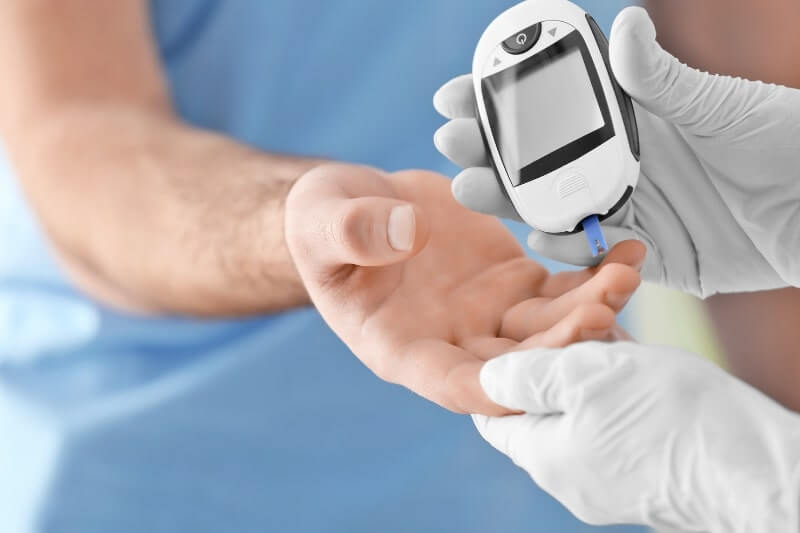- 26-Sep-24
Diabetes is the consequence of an excessively high blood sugar (glucose) level. It develops when your pancreas produces insufficient or no insulin, or when your body isn't responding to the effects of insulin as it should. Diabetes affects people of all ages. The majority of diabetes types are chronic (lifelong), however they can all be healed with medicine and/or a change in lifestyle. The major source of glucose, also referred to as sugar, is the carbs found in food and beverages. Every cell in your body uses glucose from your blood as fuel.
What are the types of diabetes?
There are several types of diabetes, primarily classified into the following categories:
- Type 1 Diabetes: An autoimmune disease in which the body targets the pancreatic beta cells that produce insulin. The condition usually manifests in kids and teens, but it can start at any age.
- Type 2 Diabetes: The most common form, where the body becomes resistant to insulin or doesn’t produce enough. It is often associated with obesity and sedentary lifestyle, and usually develops in adults, though it’s increasingly seen in children.
- Gestational Diabetes: This type normally goes away after giving birth and manifests throughout pregnancy. It raises both the mother's and the child's risk of type 2 diabetes later in life.
- Prediabetes: A state in which there is elevated blood sugar but not to the point where diabetes is diagnosed. It raises the possibility of getting type 2 diabetes.
- Other Specific Types: There are rarer forms of diabetes due to genetic mutations, certain diseases (like cystic fibrosis), hormonal disorders, or the use of certain medications.
- Latent Autoimmune Diabetes in Adults (LADA): Sometimes referred to as Type 1.5, it has characteristics of both type 1 and type 2 diabetes and typically develops in adults.
How common is diabetes?
Diabetes is a significant health concern in Pakistan. As of recent estimates, about 30 million people in the country are living with diabetes, which translates to roughly 10-15% of the adult population. The prevalence is rising, particularly due to factors like urbanization, lifestyle changes, unhealthy diets, and a lack of physical activity. Type 2 diabetes is the most common form seen in Pakistan, often linked to obesity and metabolic syndrome. Additionally, there’s a growing incidence of gestational diabetes among pregnant women.
Diabetes Specialist in Lahore:
Integrated Medical Care Hospital (IMC Hospital) is one of the most prestigious institutions in Pakistan which is known for its performance and outstanding results regarding Diabetologists. Here you find one of the best Diabetology Specialists in Lahore Pakistan. Visit today and book your appointment at Integrated Medical Care Hospital (IMC Hospital).
Dr. Shehzad Ul Haq MD, FACE (USA).
Consultant Endocrinology, Diabetes, and Metabolism, Diplomate American Board of Internal Medicine, Diplomate American Board of Endocrinology, Fellow American College of Endocrinology.
Specialties: Endocrinology.
Areas of Focus - Diabetes Mellitus, Hypertension, Hyperlipidaemia, Thyroid Disorders, Obesity, Growth Disorders, Infertility Disorders, Abnormal Hair Growth, Erectile Dysfunction, and Male and Female Hormonal Disorders.

 Map
Map










